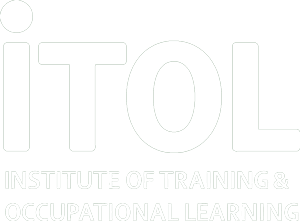There are five basic concepts that can serve as a foundation for the successful advisory process:
- Focus on the relationship: Identifying who the client is and understanding the motivations, culture, history, fears, and goals of both the human being and the organization he or she represents, are some of the most difficult tasks in consulting. Your success in these tasks has much more bearing on the success or failure of your engagements than the technical discipline involved.
- Clearly define your role: Setting the expectation with the client regarding exactly what you are there to accomplish, what tasks you are making a commitment to perform, what tasks you expect the client to perform, and where the boundaries of the relationship lie, is a key success factor for consultants.
- Visualize success: It is the consultant’s central role to help the client draw a mental picture of the desired result of the engagement. Failure to do so results in the dreaded scope creep, in which the engagement never concludes because the expectations keep changing. Visualizing a successful result creates a common goal that all participants can agree upon and strive for together. Like the championship ring for a sports team, it is an unambiguous and motivational endpoint that clarifies the effort and helps clear away extraneous issues and barriers.
- You advise; they decide: One of the most difficult tasks for consultants is to cast aside emotional attachment to their own advice. Many trainers fall in love with a particular solution, and then lose interest in, or respect for, the client if they decide to take another approach. We must always remember that the client understands the complexities of their own environment, and that they live with the result of their decision, while we move on to the next assignment.
- Be oriented toward results: Consulting is more than advising—it is assisting clients to reach a goal. While some advisory relationships are strictly informational, most clients want us to not only recommend solutions, but also to help implement them. Politics is often described as “the art of the possible,” a good definition for results-oriented consulting as well. By considering implementation issues throughout the engagement, such as corporate culture, readiness to change, , and corporate communications channels as well as training requirements, we keep our eye on the realm of possibility and avoid getting side-tracked into the theoretical.

